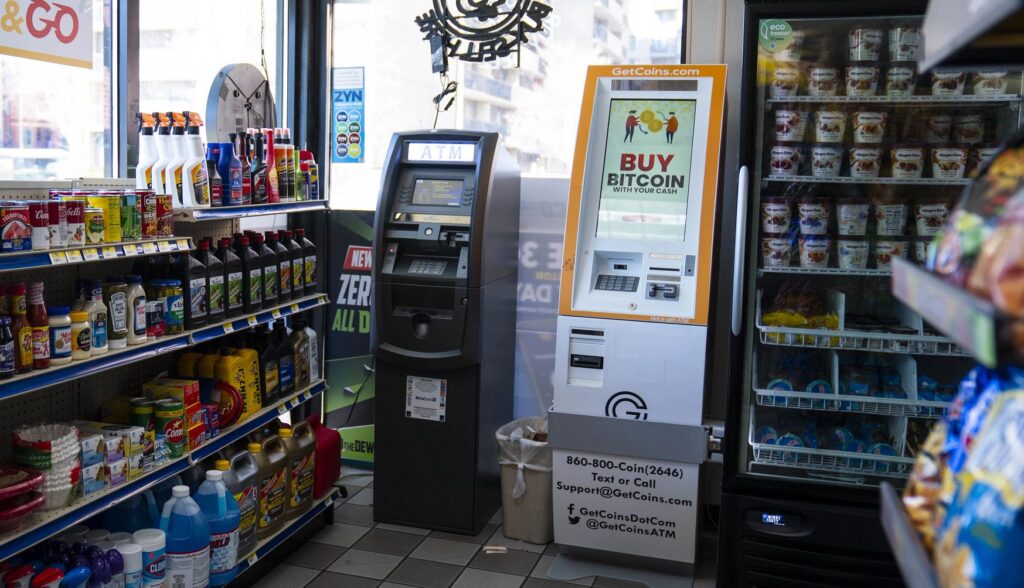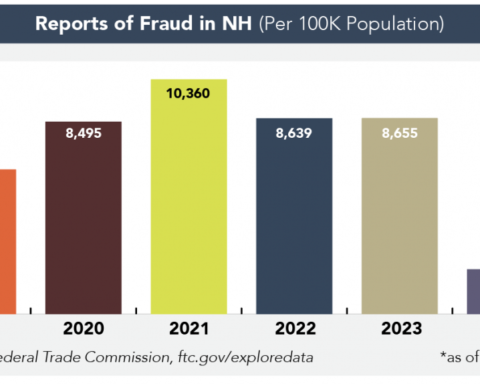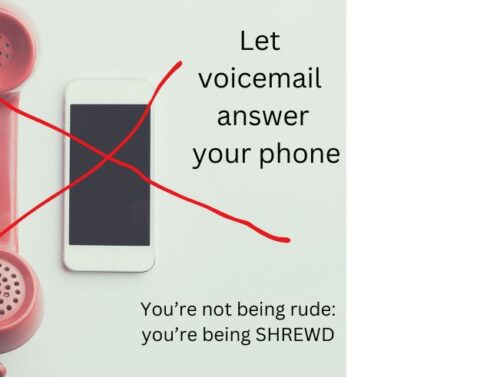John Domen | [email protected]
April 18, 2024, 4:04 PM
More than two-and-a-half million Americans lost $10 billion to scammers last year — surpassing the total amount lost to scammers in 2022 by a billion dollars. And the tactics used to fool people are only getting savvier and more aggressive — which itself should be a big warning sign.
What are known as “investment scams” only ranked as the fourth most popular scams by the Federal Trade Commission, but they were also the costliest, accounting for $4.6 billion in swindled money last year.
“These scams start out with a promise that you can make a lot of money quickly with little or no risk,” said Larissa Bungo, a senior attorney with the FTC. “The most important thing to remember is that there are just no guarantees with investment. So if someone promises you big money or guarantees profits, you know they’re lying. It’s a scam. Any investment comes with risks and no one can guarantee returns.”
Likewise, there’s no secret method to be taught, and any time you’re told to act fast before the investment opportunity dries up, you should also see that as a red flag. Still, the median loss on those types of scams was about $7,700 per person last year. In 2022, that number was about $5,000.
The most common type of scam, known as imposter scams, is also the second costliest, accounting for $2.7 billion in reported losses.
Typically, it involves someone reaching out to you by phone, email or text, and claiming to be someone you know, the government, from your bank or a company you do business with. For example, how many times do you get notified about problems with your Amazon account or a UPS package that couldn’t be delivered? Definitely don’t click those links. And don’t divulge any personal information.
“Legitimate businesses, government agencies won’t unexpectedly call, email, text or message you to ask for information or money. Only scammers do that,” Bungo said. “It’s really important to slow down and check it out. Scammers want us to act quickly. This way we don’t have time to think or check it out or talk to someone.”
You’ll never be asked by anyone legitimate to pay by gift card, wire transfer, online apps or cryptocurrency, Bungo added. The scams are getting bolder by asking people to move their money in order to protect it, she said.
“It usually involves someone claiming that there’s fraud or criminal activity on one of your accounts and they offer to help you protect your money, sometimes by sharing verification codes, but always by telling you to move your money from your bank investment or retirement account,” she said. “Don’t do it.”
If you do, there’s usually not a way to get your money back.
“Just slow down, take some time,” Bungo said. “Resist the temptation to act immediately and really think it through.”
Lastly, Bungo said the number of Americans who reported such scams, and the amount they lost, is probably well short of the true scope of the problem.
“We anticipate that it’s the tip of the iceberg,” she admitted.








